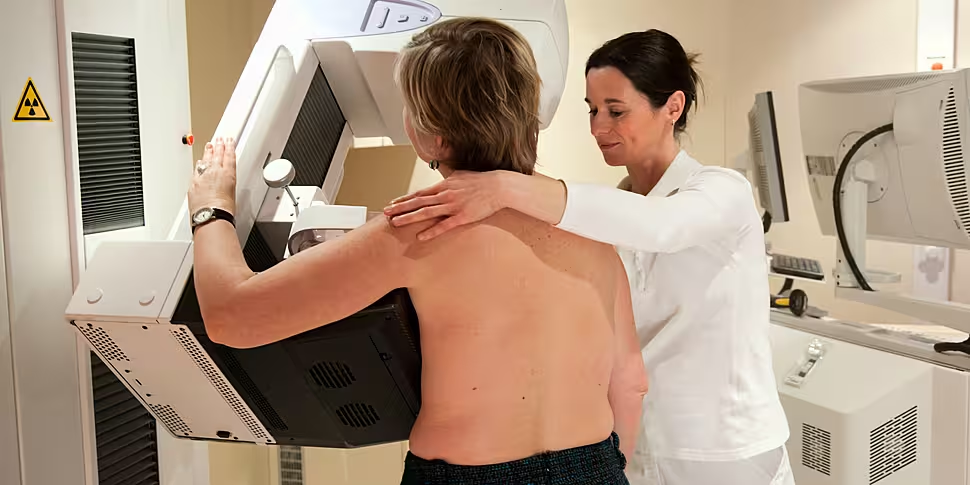The use of a ‘repurposed’ drug that could prevent breast cancer looks “very encouraging” for patients, a leading oncologist has said.
For years, people have been given anastrozole to treat breast cancer but scientists have now concluded it can also halve the risk of developing the cancer in the first place.
The NHS in England is to offer the drug to roughly 289,000 women and officials hope it could prevent 2,000 cancer cases.
Who should take it
“It’s very encouraging,” oncologist Professor John Crown told The Pat Kenny Show.
“In that [trial] group, the risk of getting breast cancer is reduced by 50%.”
The drug is suitable for women who are postmenopausal and whose ovaries are no longer producing oestrogen.
“For those women, there is still some oestrogen made in the body but it’s no longer made in the ovaries, it’s made in other parts of the body by a different ‘factory’, as it were,” Professor Crown said.
“This drug turns off the production of oestrogen, inducing a lower oestrogen state.”
According to the HSE, one in eight women will be diagnosed with breast cancer during their lifetime and a much smaller number of men will be diagnosed with it as well.
Professor Crown suggested anyone who thinks they have an elevated risk of contracting the disease should ask their GP and discuss if the drug would be appropriate for them.
“If there is… a woman listening, or indeed a man listening, who is carrying one of the BRCA (BReast CAncer) genes which can predispose to breast cancer, they need to take serious, personal medical advice from their own doctors as to what the right thing to do is,” he said.
“It’s not just as simple as taking the tablet.”
Side effects
Patients in the drug trial did report some side effects, such as hot flushes or stiffness in the joints, and some felt unable to continue taking the drug.
Professor Crown described the symptoms as much like the menopause but “a bit worse”.
“I don’t want to trivialise them because some of them can be quite disabling,” he said.
“For instance, in the study it’s very telling that three quarters of patients on the study completed treatment.
“One quarter could not tolerate it for whatever reason.”
The HSE advises anyone who is considering taking anastrozole to consult their GP to discuss its benefits and risk.
Main image: A woman undergoes a mammography test. Picture by: Alamy.com









